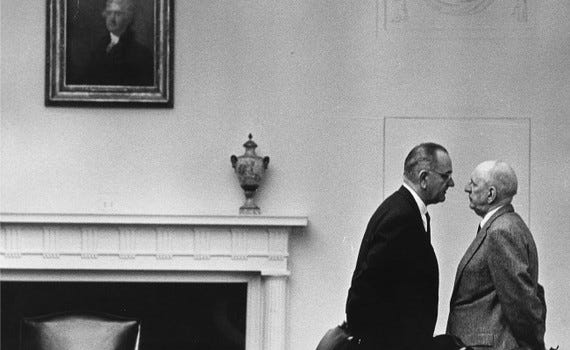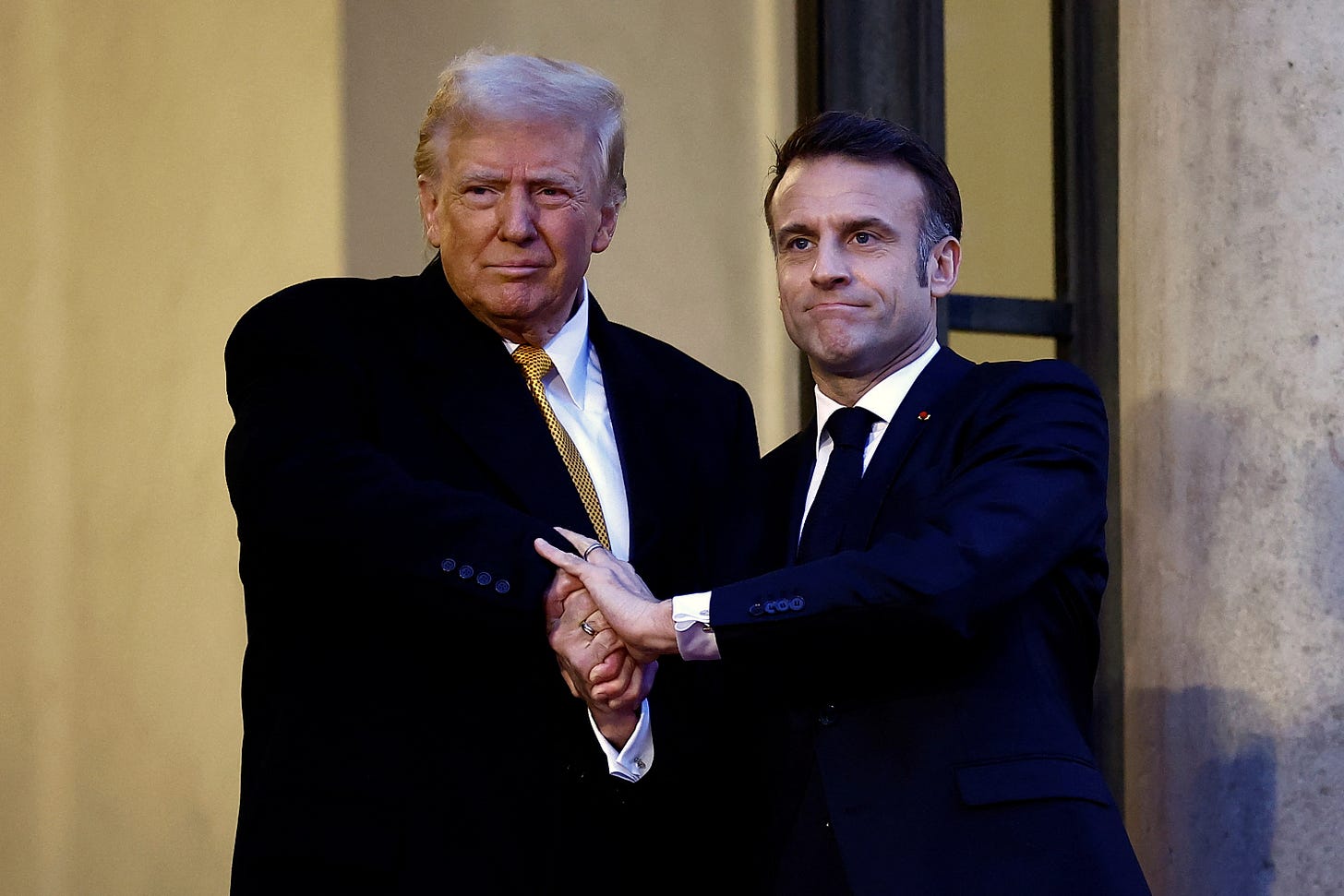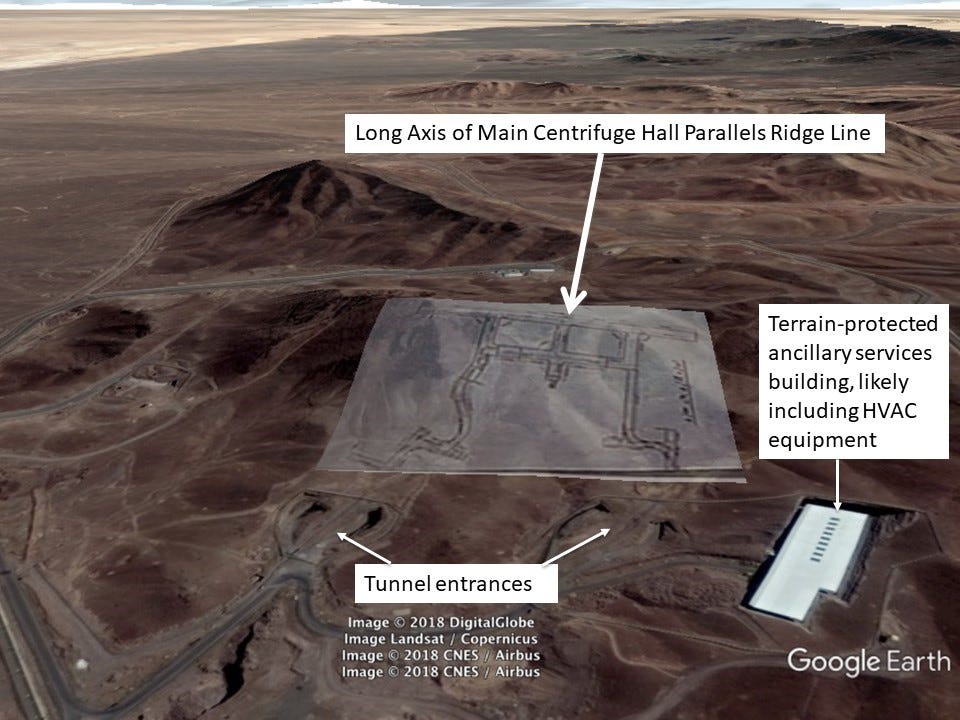There’s something uncanny about watching Donald Trump inch closer to war with Iran.
It’s not just the headlines or the Pentagon posturing. It’s the vibe. A familiar unease. The sense of a president out of his depth on foreign policy, surrounded by advisors eager to prove American power, careening toward escalation not because he planned it—but because he doesn’t know how to stop it. I’m getting serious Lyndon B. Johnson vibes. And that’s not a comparison I make lightly.
I’m an LBJ nerd. I’ve read the Robert Caro biographies cover to cover, more than once. I’ve studied Vietnam in detail. And I’ve spent much of my career thinking about how the U.S. shapes (and often misunderstands) the Middle East. The parallels between Trump and Johnson aren’t perfect. But they’re instructive—and right now, they’re starting to feel uncomfortably real.
Let’s start with the basics. LBJ inherited Vietnam. He didn’t start the war, but he escalated it. Why? Because he didn’t want to look weak. Because his best and brightest told him it was winnable. Because he thought a show of force abroad would strengthen his hand at home. He feared that retreat would doom his Great Society. Instead, Vietnam consumed it.
Trump doesn’t have a Great Society. But maybe he has the One Big Beautiful Bill. Maybe this time around it’s tariffs, or industrial policy, or “retribution.” Maybe Trump’s second term, if it happens, will be about completing the MAGA economic agenda. But that vision now risks being hijacked by foreign policy—again. The neocons are back. Their new proxies are Israel and the Gulf states. Their new theater is Iran.
And here’s where the parallels deepen. LBJ was brilliant. He came from nothing—poverty in the Texas Hill Country—and clawed his way to the top with raw political genius. He could count votes like no one else. He got civil rights legislation passed not because it was morally right, but because he cared about his legacy and he knew how to twist arms and build coalitions.
Trump has none of that institutional fluency. He doesn’t count votes; he counts likes. He doesn’t build coalitions; he tests loyalty. But in a world where social media dominates the political conversation, maybe that doesn’t matter. Has Congress ever been more irrelevant in U.S. politics than it is today? Johnson understood the Senate. Trump understands your X feed. And both men—large, imposing, norm-breaking—have an uncanny ability to bend others to their will.
Still, there’s one fundamental difference. Johnson believed in government. He wanted to use the power of the state to lift people up. His tragedy was overreach—thinking he could do it all. Trump’s tragedy may be the opposite: not believing in anything outside himself, and therefore being vulnerable to manipulation by those who do.
That’s where the neocons come in. Johnson had Robert McNamara, Walt Rostow, and a legion of Harvard men pushing technocratic escalation in Vietnam. Halberstam’s The Best and the Brightest remains the definitive indictment of that groupthink. Trump has his own version now—albeit less Ivy, more AIPAC. These are people who genuinely believe that destroying Iran’s nuclear capacity will remake the region. Maybe they’re right. But Trump isn’t making that decision based on a strategic framework. He’s making it based on instinct, ego, and inertia.
And here’s the kicker: his base might be turning on him for it.
This is where the LBJ comparison might break down. Johnson’s base didn’t start revolting until years into the war, when body bags and draft protests became impossible to ignore. Trump is getting hammered before any serious shooting has even started. Elon Musk has distanced himself. Steve Bannon has publicly lambasted Trump in interviews with Tucker Carlson. Social media is filled with MAGA loyalists expressing disgust at the idea of bombing Iran. They see it as betrayal—a surrender to the very establishment Trump promised to dismantle.
Trump built a movement on the idea of America First. On ending endless wars. On withdrawing from the world’s intractable problems and fixing what’s broken at home. But now he’s getting pulled into the oldest trap in the book: a war that promises to be quick and decisive, but likely won’t be.
Of course, there’s always the chance he TACOs—Trump Always Chickens Out. Maybe this is just another round of brinkmanship. Maybe the U.S. hits Fordow, sets back Iran’s nuclear program a generation, and then lets Israel handle the rest. Maybe regime change in Iran becomes a real possibility—and maybe, just maybe, it leads to a friendlier government in Tehran.
But even that outcome would miss the bigger picture. For years, I’ve argued that the U.S. and Iran are on a geopolitical collision course that ends not in war, but in reconciliation. Iran is too big, too strategically located, and too aligned with U.S. interests (at least in theory) for permanent hostility to make sense. Not so long ago, Iran was a U.S. ally. It could be again. The real enemy isn’t Shiite theocracy—it’s instability. Iran, for all its flaws, can project stability across critical regions the U.S. would prefer not to police itself.
So here’s the question: is this war the beginning of the end? Or the end of the beginning? Is the U.S. about to destroy Iran’s nuclear program and then find a way to move forward? Or is the U.S. about to make the same mistake it made in Vietnam and in Iraq 2.0—confusing action for strategy, escalation for clarity, and toughness for wisdom?
Vietnam was not the battle over Communism the U.S. government convinced itself it was — it was a war of Vietnamese self-liberation. The U.S. misread it, just as it misread that Iraq would become a liberal democracy offering the U.S. cheap oil if only Saddam could be toppled.
Historical analogies only go so far. LBJ governed in an era of conscription, network television, and clear superpower competition. Trump operates in a fragmented world of digital chaos and waning American hegemony. But both men came to power with domestic agendas that got consumed by foreign crises. Both underestimated the inertia of the national security state. And both believed, wrongly, that they could bend war to their will.
Maybe Trump will prove me wrong. Maybe this isn’t his Vietnam. Maybe it’s his Camp David. But from where I’m sitting, it looks a lot more like 1965 than 1978. And we all know what came next.








Incidentally I'm reading The Path to Power presently. Unputdownable.
I think the "base" you speak of is a very small (but loud) contingent. On both sides of the aisle.